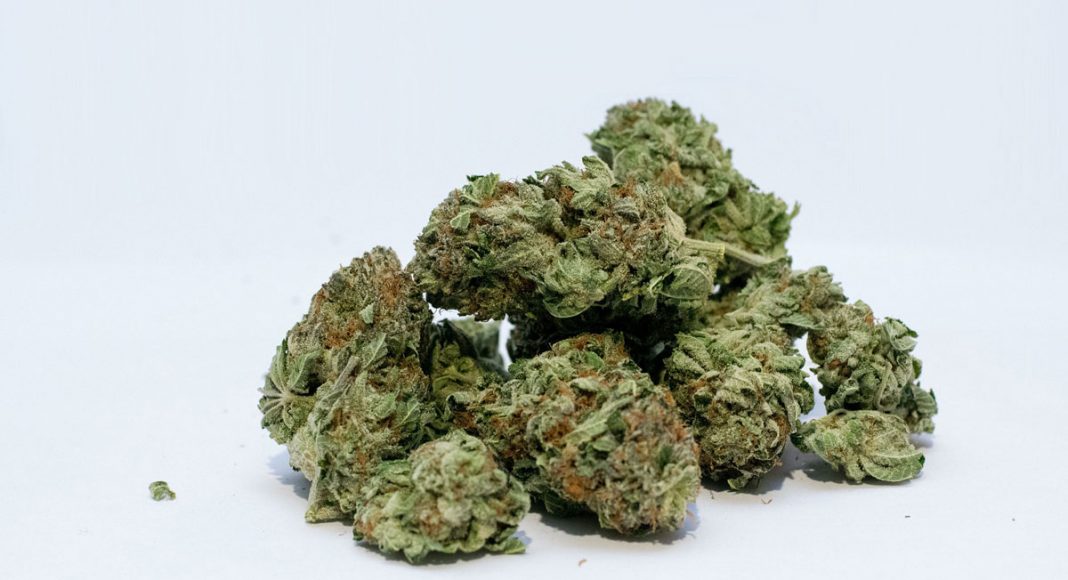Dr. Larry Wolk is Colorado’s Chief Medical Officer and it’s his job to provide “evidence-based health information” to his constituents. Earlier this week, Wolk took his message north to Canada.
During a radio interview with Matt Rainnie on “Island Morning,” Wolk was asked to discuss the fears and myths surrounding legalization in his state. What changes has he seen?
“The short answer is we haven’t seen much,” Wolk told Rainnie. “We haven’t experienced any significant issues as a result of legalization. One in four adults and one in five youth use marijuana on a somewhat regular basis,” said Wolk, and those numbers haven’t changed since legalization.
-
Related Story: Inside Canada’s Plan For Legal Recreational Marijuana
Wolk’s biggest warning was the combination of the herb with booze. “The co-use of marijuana and liquor is a bad idea,” he said. “Marijuana in of itself — or the THC — and alcohol in of itself can cause impairment, and we know that those effects are not just additive but exponentially increased if somebody chooses to co-use both substances.”
Wolk gave Canada credit for going national with its legalization program:
“This is one of the ways I think Canada will have the advantage over the United States. We are doing it state by state, so we have a grey area problem. People can grow marijuana legally, and then move it out the back door—take it and sell it in states where it is not legal.
If we had a national legalization similar to what Canada is doing, it would make the black or gray market far less active.”
Wolk also told the radio audience that setting a legal age for cannabis consumption is scientifically problematic because there are both health and practical factors to take into consideration. “Biologically we know the correct age should be 25,” he said.
“Nineteen may be a little too young, I mean because, again, of the developing brain issues, but if that’s the legal drinking age and you already have a high prevalence … then it may make sense to align that with the legal drinking age.”
During the interview program, Wolk conceded there are unanswered questions about Colorado’s cannabis experiment and that the data will become clearer in years to come.


